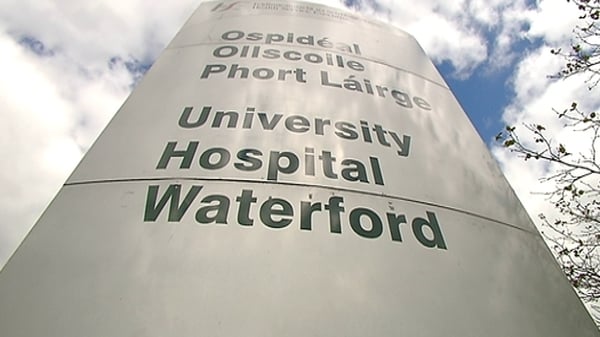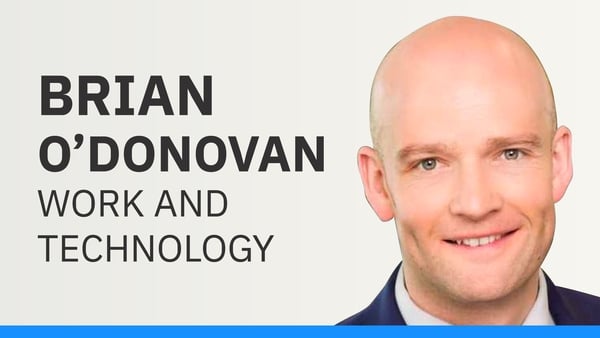A research project that saw a four-day working week being trialled across 12 businesses has been deemed a success by both the companies and employees involved.
The project, backed by the trade union Fórsa and carried out in partnership by Four-Day Week Ireland, UCD and Boston College, examined the financial, social, and environmental impact that a four-day working week would have on businesses and employees in Ireland.
Nine of the 12 companies that took part in the six-month trial said they were committed to continuing with the four-day-week schedule.
The other three said they were also planning to continue but did not commit to keeping it long-term.
Seven companies provided data on revenue and of those, six reported monthly revenue growth, with one seeing a decline.
Two companies that tracked energy usage found reductions.
In general, management of the companies were said to have been very pleased with the outcome of the trial in terms of productivity and overall experience.
On a scale of 1-10, from very negative to very positive, the companies' average rating for the trial was 9.2.
The results show 100% of the employees involved in the trial said they would prefer a reduced work schedule.
The research looked at the impact the four-day week had on employees and found significant improvements in life satisfaction and a range of wellbeing outcomes.
The study found that stress, burnout, fatigue, and work-family conflict significantly declined and average sleep times increased.
We need your consent to load this rte-player contentWe use rte-player to manage extra content that can set cookies on your device and collect data about your activity. Please review their details and accept them to load the content.Manage Preferences
This was Ireland's first coordinated reduced worktime trial and the research findings will be presented today by UCD's Dr Orla Kelly.
"Our findings hold important lessons for the future of work in this country," Dr Kelly said.
"The trial was particularly successful for women who reported a significantly greater improvement in life satisfaction, larger gains in sleep time and feeling more secure in their employment," she added.
We need your consent to load this rte-player contentWe use rte-player to manage extra content that can set cookies on your device and collect data about your activity. Please review their details and accept them to load the content.Manage Preferences
Speaking on Morning Ireland, Dr Kelly said positive outcomes included decreases in sleep deprivation and increases in life satisfaction.
The biggest gain was that people felt less time stressed, she said.
Dr Kelly said people reported using their free day to carry out life admin and catch up.
This enabled them to use their weekends for leisure time, she said.
General Secretary of Fórsa Kevin Callinan said the research highlighted the need for a more balanced work-life schedule.
"The four-day week can be at the forefront of a new age of work, providing transformative social benefits without losing pay or productivity," Mr Callinan said.
One of the companies that took part in the trial, Codema, said improving the well-being and job satisfaction of staff resulted in a more efficient, motivated and dedicated team.
"We believe this new way of working gives us the competitive edge when attracting new talent and retaining our valuable staff so that we can continue delivering the same high-quality service to our clients," said Edel Giltenane, HR & Operations Manager, Codema.
Another participating company, Rent a Recruiter, said it embarked on the four-day week experiment to help with the recruitment and retention of staff.
"As an SME, it was difficult for us to match the salaries paid to recruiters by large multinationals such as big tech, so we were looking for a non-monetary, transformative benefit to provide a solution," said co-founder Barry Prost.






